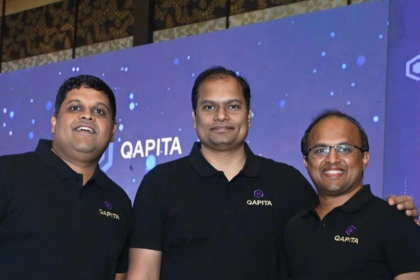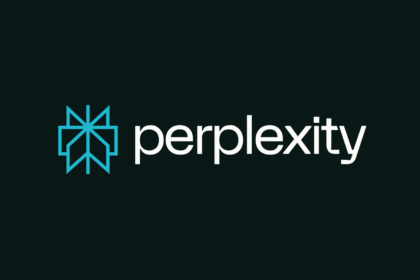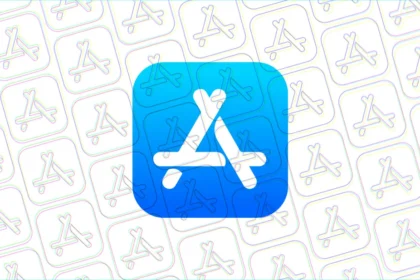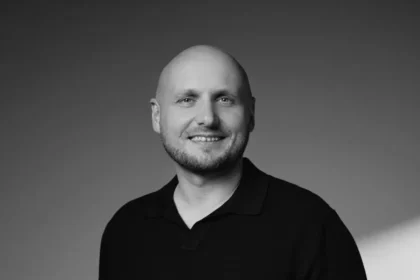For decades, Silicon Valley celebrated the college dropout founder, with icons like Bill Gates, Steve Jobs, and Mark Zuckerberg embodying the myth that leaving school early was the fast track to startup success. Programs such as the Thiel Fellowship, which pays students $200,000 to quit college and build companies, helped institutionalize that culture.
Now, Y Combinator (YC) is rewriting the narrative. The famed startup accelerator has introduced a new application track called Early Decision, designed for students who want to launch companies but also complete their degrees.
The new program allows students to apply, get accepted, and secure YC funding immediately, but defer participation until after graduation. For instance, a student applying in fall 2025 could finish their degree in spring 2026 and then join YC’s Summer 2026 batch.
“It’s designed for graduating seniors who want to do a startup but also want to finish school first,” said YC managing partner Jared Friedman in a launch video. He noted the idea came from conversations with students during YC’s university visits and its AI Startup School initiative.
Historically, many of YC’s most notable alumni, including Dropbox’s Drew Houston, Reddit’s Steve Huffman, and Stripe’s John and Patrick Collison, joined young and often left school behind. The implicit expectation was clear: do YC now or miss the chance.
Related: Y Combinator Summer 2025 Demo Day Highlights AI Agents, Infrastructure, and Breakout Startups
Early Decision changes that dynamic by removing the dropout pressure. The program offers a middle ground, appealing to more deliberate student founders who value both education and entrepreneurship. YC cites the success of Spur’s co-founders, Sneha Sivakumar and Anushka Nijhawan, who applied through Early Decision in 2023, graduated in 2024, joined the Summer 2024 batch, and went on to raise $4.5 million for their AI-powered quality assurance startup.
The move is significant at a time when rising tuition costs and the value of higher education are under scrutiny. It also strengthens YC’s hand in an increasingly competitive accelerator landscape, where it competes against alternatives like the Thiel Fellowship, Neo Scholars, Founders Inc., Big Tech internships, and graduate school pathways.
By securing talent early, YC is betting that the next generation of world-changing founders won’t have to choose between staying in school and starting up, they’ll do both.






